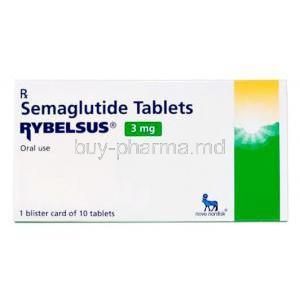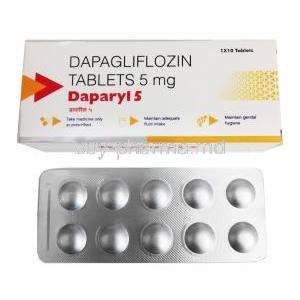Univia-R Soluble Insulin Injection
- Introduction to Univia-R Soluble Insulin Injection
- Composition and Pharmaceutical Properties
- Mechanism of Action: How Univia-R Insulin Works
- Indications: Approved Medical Uses of Univia-R
- Off-Label and Investigational Uses of Univia-R
- Dosage Guidelines and Administration Instructions
- Important Handling and Storage Recommendations
- Common and Serious Side Effects of Univia-R
- Drug Interactions: What to Avoid While Using Univia-R
- Contraindications: When Univia-R Should Not Be Used
- Warnings and Important Safety Precautions
- Special Considerations for Careful Administration
- Management of Overdose and Hypoglycemic Emergencies
- Patient Counseling and Handling Precautions
Introduction to Univia-R Soluble Insulin Injection
Composition and Pharmaceutical Properties
Mechanism of Action: How Univia-R Insulin Works
Indications: Approved Medical Uses of Univia-R
Off-Label and Investigational Uses of Univia-R
Dosage Guidelines and Administration Instructions
Important Handling and Storage Recommendations
Common and Serious Side Effects of Univia-R
8.1 Common Side Effects
8.2 Serious Side Effects
Drug Interactions: What to Avoid While Using Univia-R
Contraindications: When Univia-R Should Not Be Used
Warnings and Important Safety Precautions
Special Considerations for Careful Administration
12.1 Administration in Elderly Patients
12.2 Use in Pregnant and Breastfeeding Women
12.3 Use in Pediatric Patients
Management of Overdose and Hypoglycemic Emergencies
Patient Counseling and Handling Precautions
Univia-R Soluble Insulin Injection FAQ
- What is the use of soluble insulin injection?
- What is the use of insulin R injection?
- When is the best time to take an insulin injection?
- Does insulin injection affect the kidneys?
- What are the side effects of taking insulin injections?
- How fast does soluble insulin work?
- When should insulin R be given?
- Where is the best place to inject insulin?
- What is the 3 day rule for insulin?
- Does insulin increase creatinine?
What is the use of soluble insulin injection?
Regular insulin, sometimes called insulin or soluble insulin, falls under the category of short-term medical insulin treatment options for managing type 1 and type 2 diabetes, as well as gestational diabetes situations and complications associated with diabetes, like diabetic ketoacidosis and hyperosmolar hyperglycemic states.
What is the use of insulin R injection?
Short-acting insulin that peaks in 2-3 hours
When is the best time to take an insulin injection?
30 minutes before each meal
Does insulin injection affect the kidneys?
In people with insulin resistance, the kidneys experience pressure due to insulin levels, which can affect sodium and uric acid excretion.
What are the side effects of taking insulin injections?
sweating, trembling, or shaking, anxiety, confusion, or difficulty concentrating, changes to your vision such as blurred vision, feeling dizzy, feeling hungry.
How fast does soluble insulin work?
30 to 60 minutes
When should insulin R be given?
The medication should be given subcutaneously, 30 to 40 minutes prior to having a meal.
Where is the best place to inject insulin?
Abdomen
What is the 3 day rule for insulin?
Following the "three day" guideline can assist you in managing your blood sugar levels.
Does insulin increase creatinine?
No












